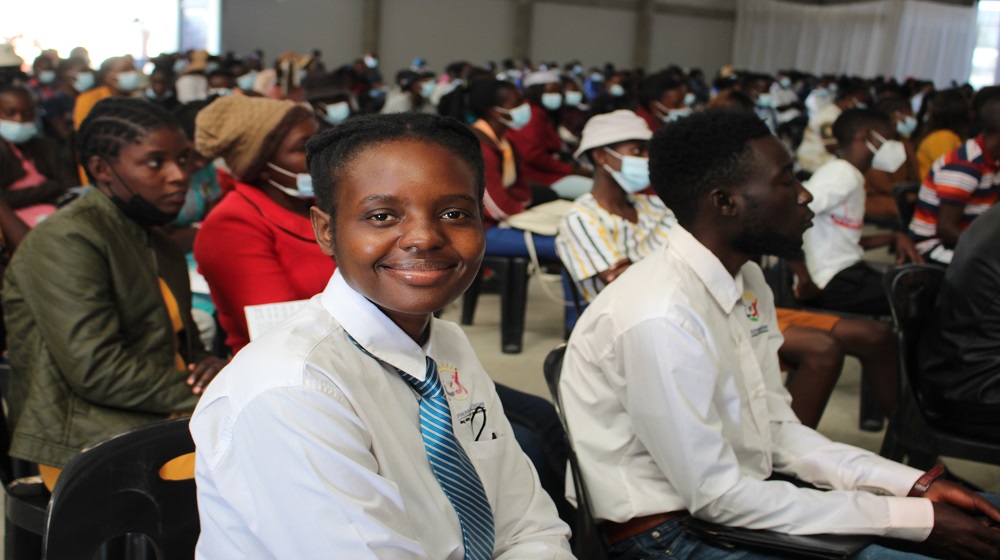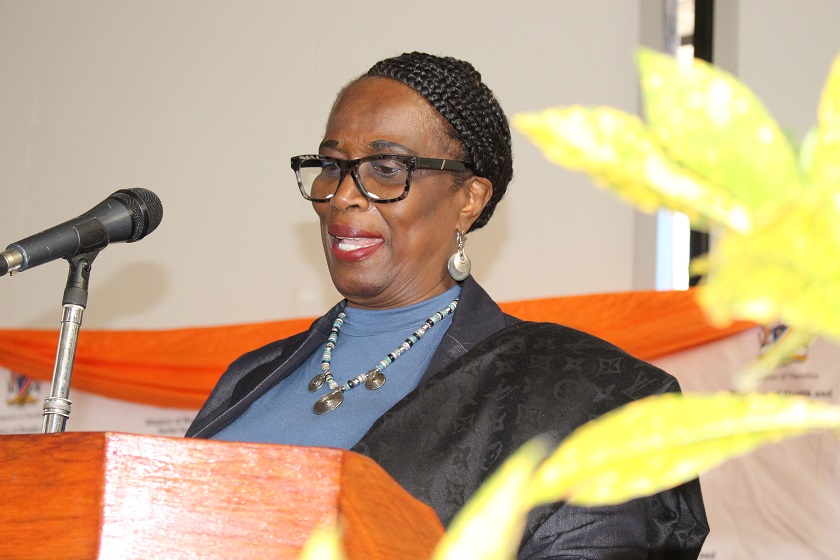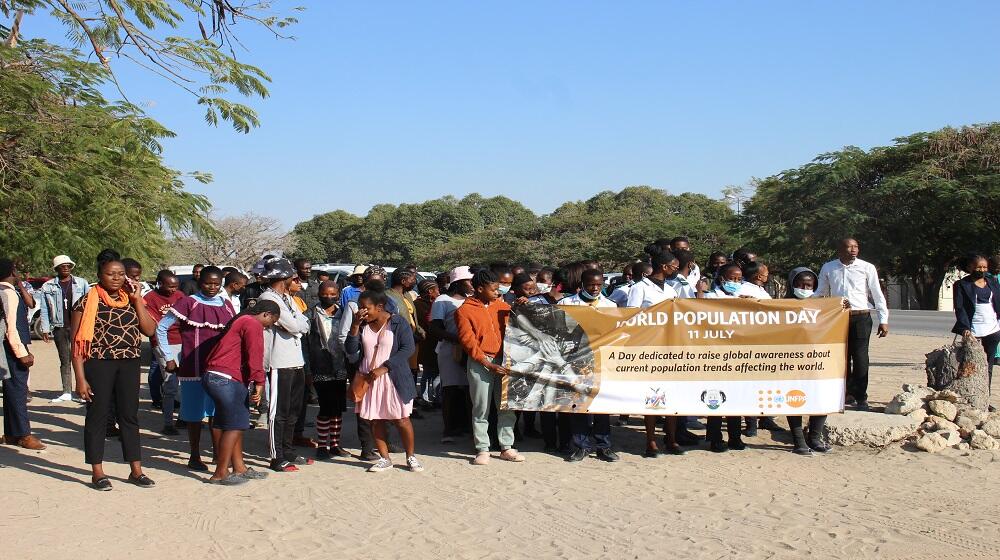
RUNDU, Namibia − Namibia joined the rest of the world to commemorate World Population Day on 11 July 2022, a day celebrated annually to focus attention on the urgency and importance of population issues.
Observing World Population Day is important for Namibia, to the International Conference on Population and Development (ICPD) and the 2030 Global Goals.
The commemoration signals to the rest of the world, Namibia's commitment to addressing its population matters such as poverty, gender inequality, health and environmental sustainability, among other concerns.
This year’s celebration took place in Rundu, the capital of the Kavango East Region under the theme: “A world of 8 billion: Towards a resilient future for all - Harnessing opportunities and ensuring rights and choices for all”.
The global population is projected to reach eight (8) billion in November this year. This milestone is a moment for celebration in terms of reduced poverty and advancements in health care and a decline in infant and maternal mortality. It is also a moment of reflection, a time for all countries to take stock and drive action, no matter the direction of their population growth.
Continued rapid population growth presents challenges for achieving Agenda 2030 for Sustainable Development, particularly in sub-Saharan Africa where countries must provide healthcare services, education and eventually employment opportunities for the growing numbers of children and young people.
In his message, Hon. Dr. Kalumbi Shangula, Minister of Health and Social Services said, “Continued rapid population growth presents challenges for achieving Agenda 2030 for Sustainable Development, particularly in sub-Saharan Africa where countries must provide healthcare services, education and eventually employment opportunities for the growing numbers of children and young people.”
He expressed the Government’s commitment to harnessing the health and socio-economic benefits of family planning and meeting the demands for family planning by making the services available, accessible, acceptable, and affordable to all women and men of reproductive ages. “In Namibia, family planning services are offered at all public health facilities free of charge,” he said.
The minister called upon everyone to “join efforts in the fight against inequalities, gender discrimination, gender-based violence, and promote universal health care for our citizens”.

When we act on our shared values, we contribute to our common future.
Ms. Sheila Roseau, the Representative of the United Nations Population Fund (UNFPA) Namibia delivered on behalf of the UN System in Namibia, the statement of the UN Secretary-General Antonio Guterres.
Guterres said, reaching a global population of eight billion is a numerical landmark, but the focus must always be on people: “In the world, we strive to build, 8 billion people mean 8 billion opportunities to live dignified and fulfilled lives”.
He said, “When we act on our shared values, we contribute to our common future”. The UN Secretary-General also called upon people to work together towards greater equality and solidarity to ensure that our planet can support our needs and those of future generations: “Let us renew our promise to fully implement the 2030 Agenda for Sustainable Development for a sustainable and inclusive future for all eight billion of us, leaving no one behind.”
This year's World Population Day (WPD) was organised in collaboration with the Ministry of Health and Social Services, Ministry of Sport, Youth and National Service, Ministry of Information, Communication and Technology, Ministry of Education, Arts and Culture, Ministry of Gender Equality, Poverty Eradication and Social Welfare, National Planning Commission, National Youth Council, Namibia Statistic Agency, Kavango East Regional Council, University of Namibia, civil society organisations, Society for Family Planning (SFH) and Namibia Planned Parenthood Association (Nappa).
Highlights of the commemoration included:
- Young people’s march to the venue of the event to raise awareness of WPD,
- Launch of the UNFPA flagship State of World Population Report 2022 titled “Seeing the Unseen: The case for action in the neglected crisis of unintended pregnancy”,
- Presentation of 2022 United Nations Population Award to the individual laureate to Hon. Emma Theofelus, the Deputy Minister of Information, Communication and Technology, and
- Intergenerational dialogue convened on unintended pregnancies in Namibia.


